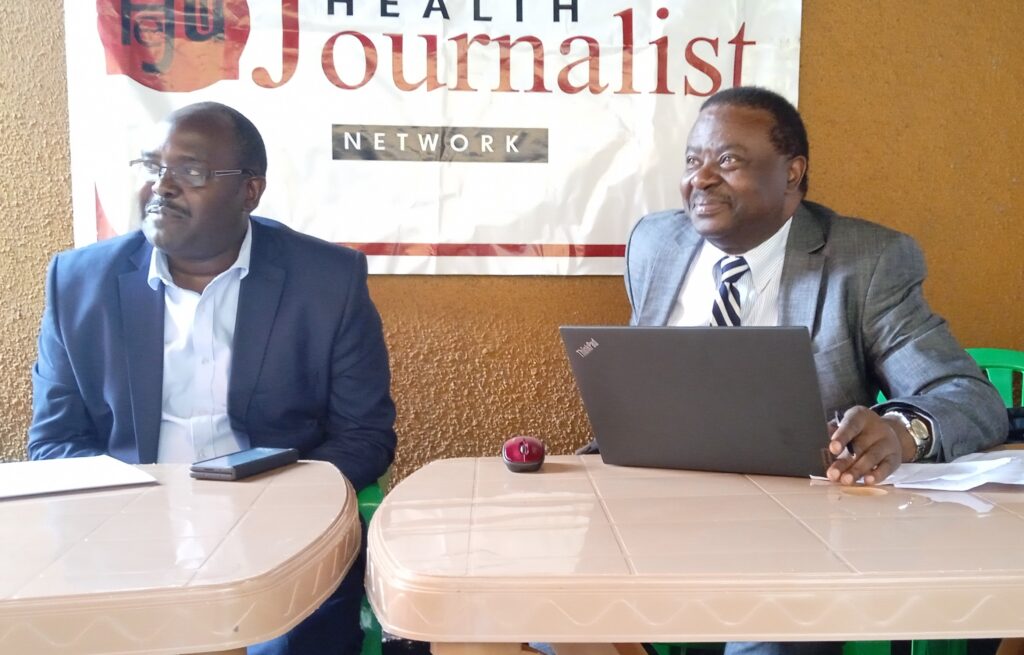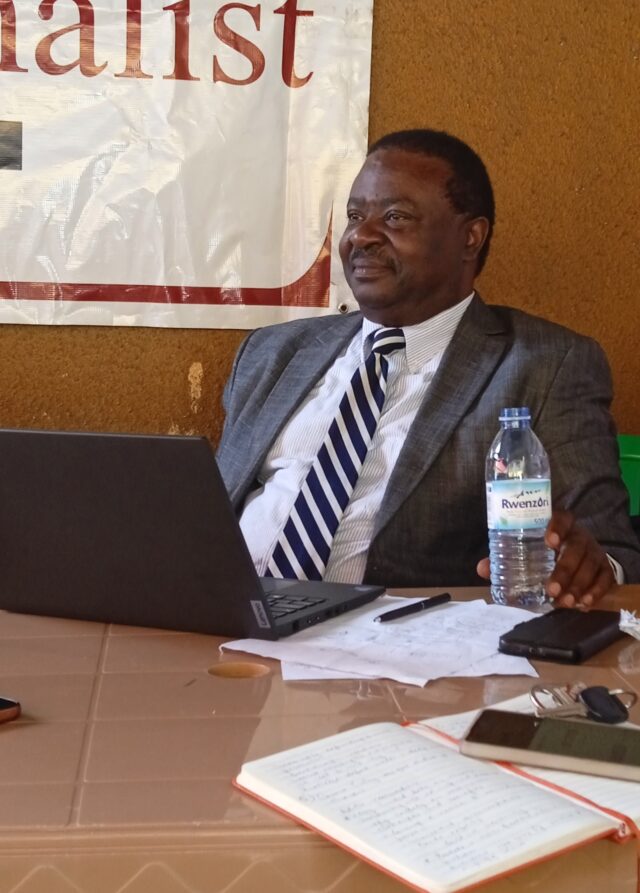
The spread of misinformation and disinformation about vaccination has indeed contributed to a rise in vaccine hesitancy, leading to potential resurgence of preventable diseases.
The efforts of mass vaccination campaigns against diseases like Polio, Rubella, Malaria, Yellow Fever, and COVID-19 are commendable. However, the effectiveness of these campaigns is hindered by anti-vaxxers spreading misinformation about the safety and efficacy of vaccines, leading to increased vaccine hesitancy within the population. Addressing these misconceptions and providing accurate information is essential to combat vaccine hesitancy and ensure the success of public health initiatives.
According to scientists, vaccination is crucial for protecting individuals against viruses and preventing the spread of diseases. However, the efforts of scientists are often undermined by anti-vaxxers who utilize various methods, including social media, to spread fear and misinformation, discouraging people from getting vaccinated.
It’s essential to counteract these false narratives with accurate information to ensure that individuals make informed decisions about their health and the health of their communities.
During the science cafe hosted by Health journalists network in Uganda at their office in Kamwokya, HIV/AIDs Researcher Professor Pontiano Kaleebu’s statement underscores the gravity of vaccine hesitancy as recognized by the World Health Organization, ranking it as one of the top ten threats to public health.
Despite the efforts of anti-vaxxers to spread misinformation, he emphasizes the responsibility of scientists to provide accurate information about vaccines to counteract these false narratives and encourage vaccine uptake among the population. This highlights the critical role of scientific communication in addressing public health challenges.
Professor Pontiano disclosed about the discontinuation of HIV/AIDs vaccine research in Masaka, Tanzania, and South Africa due to its perceived low importance to the population, despite its safety, underscores the complex nature of vaccine development and implementation. It’s notable that the scientific pursuit for an HIV vaccine continues, indicating ongoing efforts to address significant public health challenges.
This emphasizes the need for thorough assessment of vaccine relevance and impact within specific communities to ensure resources are allocated effectively in the fight against diseases like HIV.
Professor Kaleebu’s perspective is essential in addressing concerns about vaccine safety. While acknowledging that some individuals, particularly parents, may experience side effects from vaccinations, he emphasizes that these side effects do not indicate that the vaccines are inherently dangerous. Instead, he encourages individuals who experience side effects to seek medical attention while also advocating for the continued importance of vaccination. This stance underscores the importance of balanced and evidence-based information in promoting vaccine confidence and public health.
Dr. Henry Kyobe reflects the detrimental impact of individuals or groups who spread fear and misinformation about vaccines for their own motives. Such actions not only undermine public trust in vaccination efforts but also jeopardize public health outcomes.
Addressing these concerns requires a concerted effort to combat misinformation and promote accurate information about vaccines, ensuring that individuals can make informed decisions about their health.
Dr. Henry Kyobe assures Ugandans of the testing of vaccines before they are given to people which underscores their safety for public use. Encouraging journalists to collaborate with the government in spreading positive information about vaccines is crucial for building public trust and promoting vaccine uptake. By disseminating accurate and reliable information, journalists can play a vital role in addressing vaccine hesitancy and ensuring the success of vaccination campaigns in Uganda.






